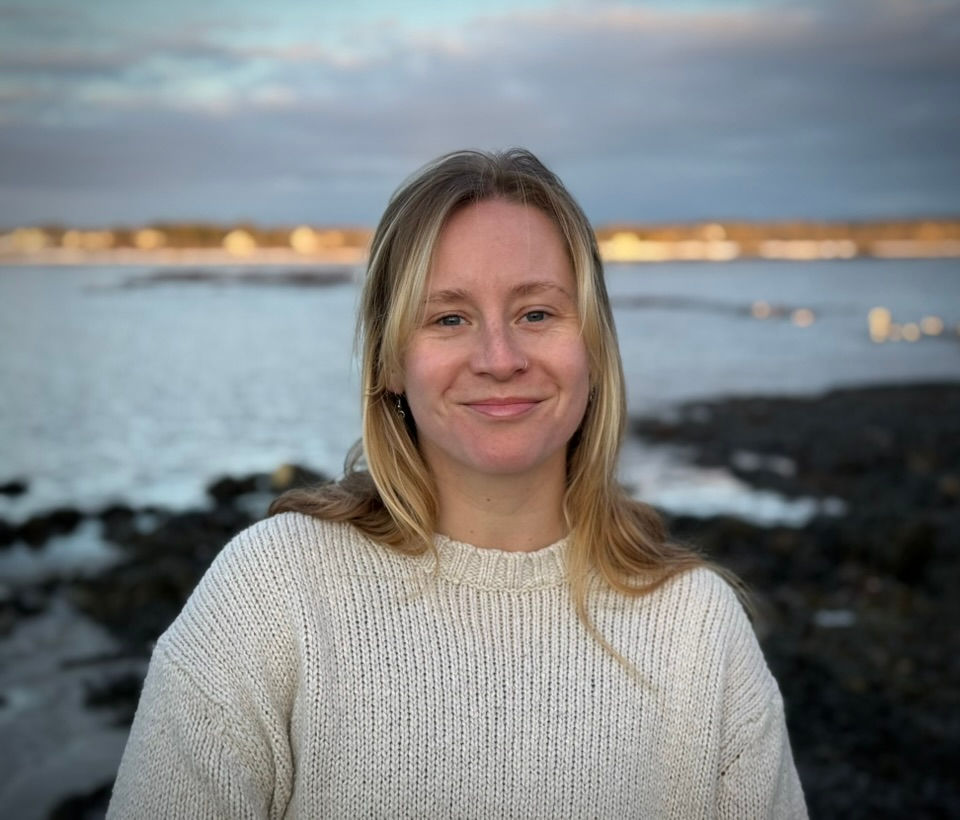Ben Martens testimony on the re-authorization of the Magnuson-Stevens Act (9.26.17)
- Ben Martens

- Sep 29, 2017
- 3 min read
You can also watch the testimony above.
Thank you, Mr. Chairman, for the opportunity to testify on the successes and challenges of the Magnuson-Stevens Act (MSA).
My name is Ben Martens, and I’m Executive Director of the Maine Coast Fishermen’s Association and a founding member of the Fishing Community Coalition.
Recently I was with Randy Cushman, a fourth-generation fisherman from Port Clyde Maine and the only groundfish fisherman left in a town that was built off the landings of species like flounder, haddock, and cod. Randy was reflecting on his past, and ended up telling me stories about his father, Capt. Lee Cushman, who as fish stocks were declining and jobs were being lost confessed to his oldest son, “If I knew then what I know now about fish and about fishing, I would have done a lot of things differently, all us would have done a lot of things differently. We just didn’t know what we were capable of.”
We now understand what we are capable of. Not only as far as catching fish, but also as to how to rebuild our marine resource and protect our fishing communities. We understand that it takes good data and accountability to effectively manage our nations fisheries and a strong Magnuson-Stevens Act has delivered. Today, less than 16% of our nation’s assessed fish stocks are overfished and less than nine percent are subject to overfishing. No matter what else we identify as important within this bill, fishermen big and small, commercial and recreational, can all agree that we need robust and healthy fish stocks to sustain our fishing future. MSA has had great successes in achieving that goal and today I am here to ask that you support a strong MSA rooted in science and accountability in this re-authorization.
I do not mean to suggest that MSA is perfect. Some of our most iconic fisheries, including the groundfish fishery back home in Maine, are struggling to rebuild. But New England groundfish is the exception that proves the rule since poor accountability within that fishery has hampered rebuilding efforts and undermined science and management. Instead of pushing for change, I want to embrace our successes and lean into a management model that demands accurate and timely information. Fisheries management is a data-hungry industry when done correctly, and it is our hope that MSA re-authorization will focus on ensuring that the data fishermen rely on for successful businesses continues to improve as the world and ocean ecosystem changes at an increasingly rapid pace.
Maine is known for its lobster, but in 1995 lobster only represented 30% of Maine’s landings. IN contrast, by 2015, 87 percent of Maine’s landings could be attributed to that fishery. During this period, Maine lost hundreds of permits for species like scallops and groundfish that add to community economic diversity and create protections from future ecosystem shifts. Language exists in MSA that was intended to allow communities to participate in limited access programs to help preserve this access but to date it has never been used. We hope that you will address this provision to help allow communities to engage in this process because once those rights are lost, they are usually lost forever and this is something we cannot afford to let continue.
While Randy may be the only groundfish fisherman in Port Clyde, we are working to ensure that he isn’t the last. The next generation of fishermen face daunting challenges, including high costs, financial risks, and limited entry-level opportunities. The Young Fishermen’s Development Act championed by Congressman Young, aims to create a national program, modeled after one that already exists for farmers and ranchers, this program would be exclusively dedicated to assisting, educating, and training the next generation of commercial fishermen. I want to thank the Congressman for introducing and championing this effort, and I would urge the Subcommittee to give its full consideration to this bill.
The Re-authorization of the Magnuson-Stevens act is an opportunity to reinforced what we have learned; we need accountability throughout our fisheries, we need stronger protections for forage stocks and important habitat, we need science based decision making, and we need increased protections for our fishing communities. Our work here is not done, we cannot afford to look back and say, if only we had known better, because we do know. Randy is building off the knowledge his father left him on how to be a better steward of the marine resources. Let us build off the successes of our pasts, learn from our failures, and ensure the tight lines and full nets are a part of all our futures.
Thank you for your time and consideration.





Comments